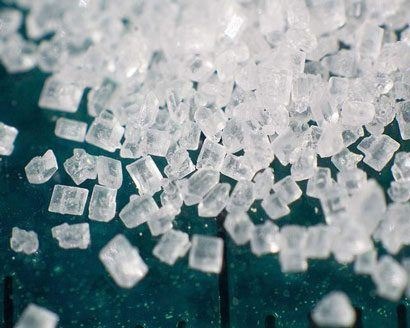Study Links Fructose With Overeating, Obesity
A new study has shown that the consumption of fructose, the type of sugar most often found in processed foods, may lead to overeating and obesity.
According to The Huffington Post, researchers have found that when a beverage containing glucose, a simpler form of sugar, is consumed, it triggers a "reward" sensor in the brain that suppresses our desire for food, leading us to feel more full. When fructose is consumed, however, that sensor is never triggered.
This means that when drinking a beverage with fructose in it, we don't get that sense of reward and continue to eat and drink because our brain isn't telling us to stop, which can obviously lead to overconsumption, and eventually obesity.
Even though both types of sugar contain the same amount of calories, the body processes them differently, according to the study, which examined 20 normal-weight individuals and was published in the Journal of the American Medical Association.
Most sweetened foods and beverages contain high-fructose corn syrup, which contains 55 percent fructose, as opposed to table sugar, which is half fructose, half glucose. The doctor behind the study, Robert Sherwin, advises to limit consumption of beverages that contain fructose and high-fructose corn syrup, and to cut back on sugar in general.
